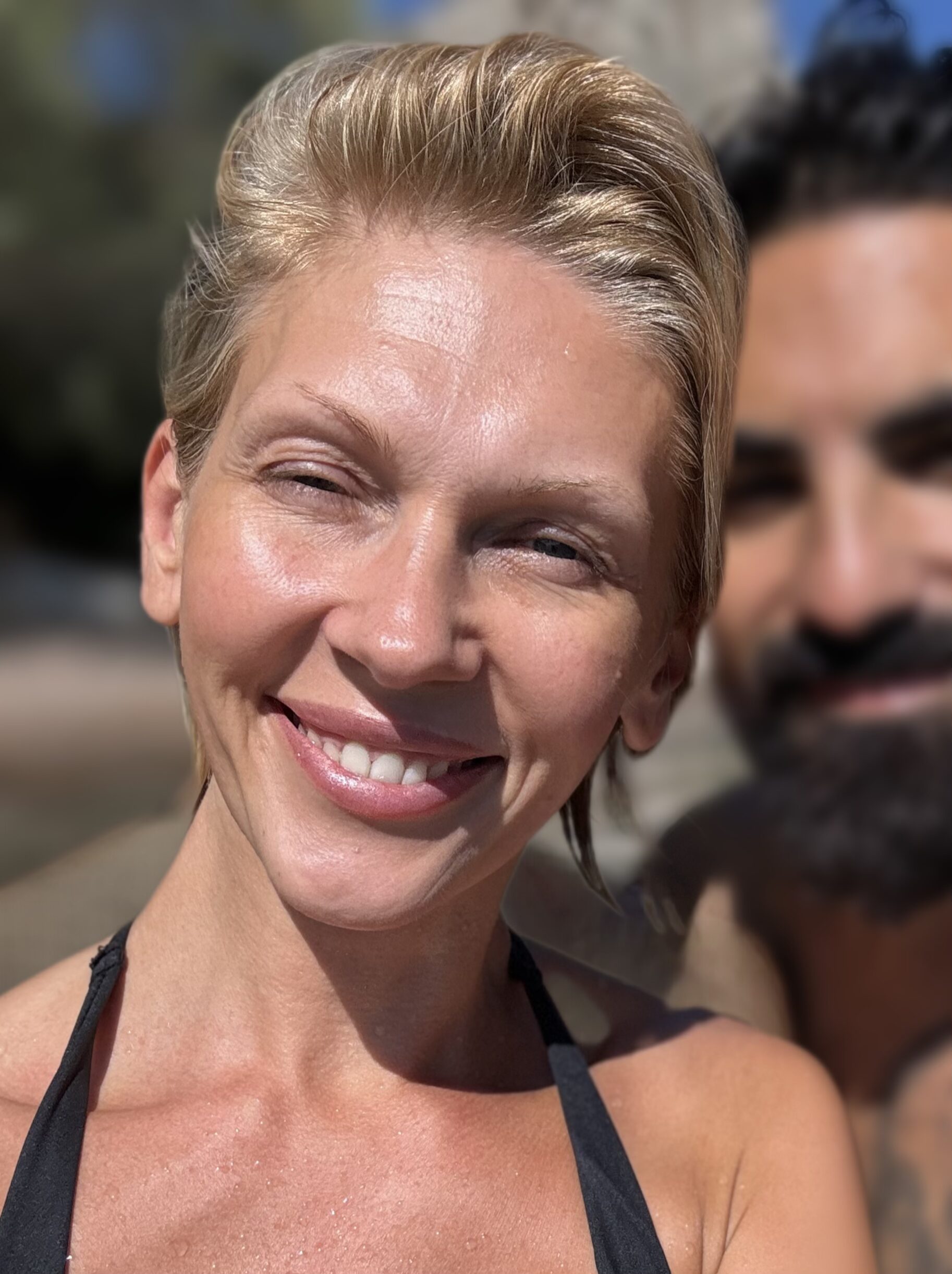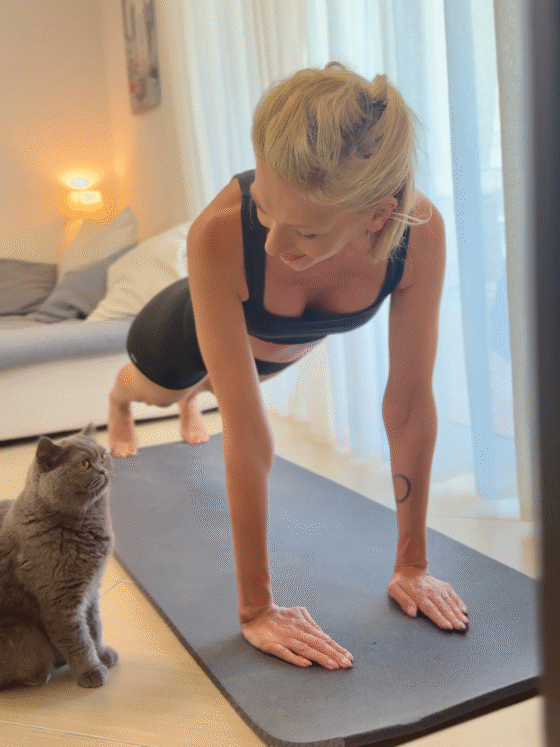
Why Parents Should Never Comment on Their Adult Children’s Looks
I’m in my 40s now, and only recently have I managed to feel comfortable without makeup. But this didn’t come naturally—it came after years of undoing what my parents, unintentionally, wired into me. My parents did not changed, and it’s not my job to change them, but it’s entirely mine to protect my boundaries and take care of my emotions and self esteem. And I’ll be honest: it’s one of the reasons I avoid video calls with them, and rarely sending pictures of my life events.
Every time my parents see me, it’s as if my appearance is the first and most important thing on their checklist. “You look tired.” “You should gain a bit more weight.” “Why don’t you grow your hair longer?” even a simple and so called positive “You look very good, that colour suits you” Harmless? Not really. A constant emphasis on my physical appearance feels intrusive.
The Etiquette Side: Respecting Grown Children
When we grow into adulthood, we expect to be treated as equals—not as dolls to be dressed or critiqued. Just like it would be considered rude for a coworker to constantly comment on your appearance in a meeting, it’s equally disrespectful for parents to do this to their adult children. Good manners, even in families, mean respecting personal boundaries and not reducing a person to their surface.
The Boundary Side: My Body, My Rules
As adults, we set boundaries in all areas of life: at work, in friendships, in romantic relationships. Our relationship with our parents should be no different. When parents keep commenting on how we look, they cross into territory that doesn’t belong to them anymore. My appearance, my body, my style, those are mine to decide and live in. When parents ignore that, it feels like they’re disregarding not just boundaries, but also the fact that we’re fully grown, autonomous people.
The Generational Side: The Beauty-First Mentality
I love my parents, but I have to acknowledge the generational difference. For them, especially in the culture they grew up in, appearance was often tied to respectability, marriageability, and even worth. They passed down that lens without realising the harm it causes in today’s world. What they thought was guidance actually became pressure, and what they thought was caring often felt like criticism.
The Self-Esteem Side: The Real Damage
Here’s where psychology comes in. Studies show that when children—especially daughters—grow up with parents who put heavy emphasis on appearance (even if it’s positive), they are more likely to struggle with body image, seek external validation, and tie their self-worth to beauty.
That was me for decades. Makeup wasn’t something fun; it was essential. Compliments on my looks didn’t make me feel good—they made me feel evaluated, like I had to constantly live up to that standard. And the worst part? Even in my happiest moments, I’d hesitate to send a picture or share a video call, fearing the inevitable “You’d look so much better if…”
Only now, in my 40s, have I begun to untie this knot. I can look at myself in the mirror barefaced and see a woman I am, not because she’s flawless, but because she’s real.
Why This Matters for Every Parent
So if you’re a parent reading this, please take it from me: never comment on your adult child’s looks (unless you’re ask about it). Not on video calls, not in passing, not even if you think it’s encouragement.
Instead, ask about their projects. Celebrate their milestones. Notice their kindness, their happy eyes, their creativity. Trust me your child will remember those words much longer than, “You look tired” or “Grow your hair a bit longer.”
Because at the end of the day, beauty fades, but self-esteem and a healthy parent-child bond can last a lifetime.








